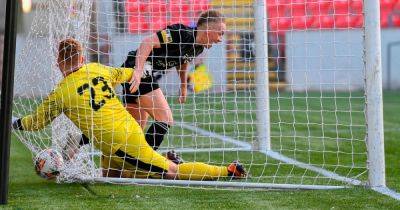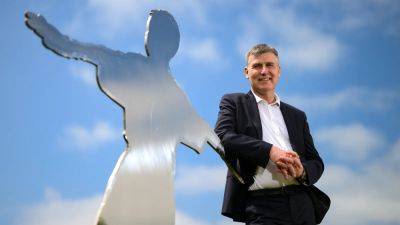Soccer: Listening the key to better mental health, says ex-keeper Shannon
MALMO, Sweden : Former Scotland goalkeeper Shannon Lynn has called for clubs to become better listeners after a Swedish study focused on the top two men's divisions found 27 per cent of coaches and 23 per cent of players in Sweden showed symptoms of depression.
The study, carried out by Swedish Elite Football and the Karolinska Institute, recommended better policies and education in the area of mental wellbeing in soccer.
For Lynn, now goalkeeping coach at women's top-flight (Damallsvenskan) side FC Rosengard in Malmo, that work needs to begin in the everyday club environment - for men and women - where the players and coaches spend most of their time.
"Now more than ever, we're talking about mental health a lot more, trying to normalise it (but) we have a long way to go," Lynn, who has previously been a mental health advocate for international players union FIFPRO, told Reuters.
"I think it's a really difficult thing to get right I guess, but for me a massive part of it is - can we just listen to people more?"
Lynn speaks from a position of considerable experience.
Throughout her career, the Canadian-born shot-stopper, who was part of Scotland's 2019 World Cup squad, struggled with feelings of inadequacy and self-loathing.
The traumatic death in 2008 of the partner she describes as "the love of my life" led Lynn down a dark path and she began self-medicating with alcohol. It took the intervention of friends and family to get her back on track.
"I guess, for so many years, I knew I needed help but you kind of put it aside and you don't seek help - you feel like you're weak, or you feel like you're just not worth it," she said.
"And then in the end, when you feel more of your self-worth, you realise it's something that you







